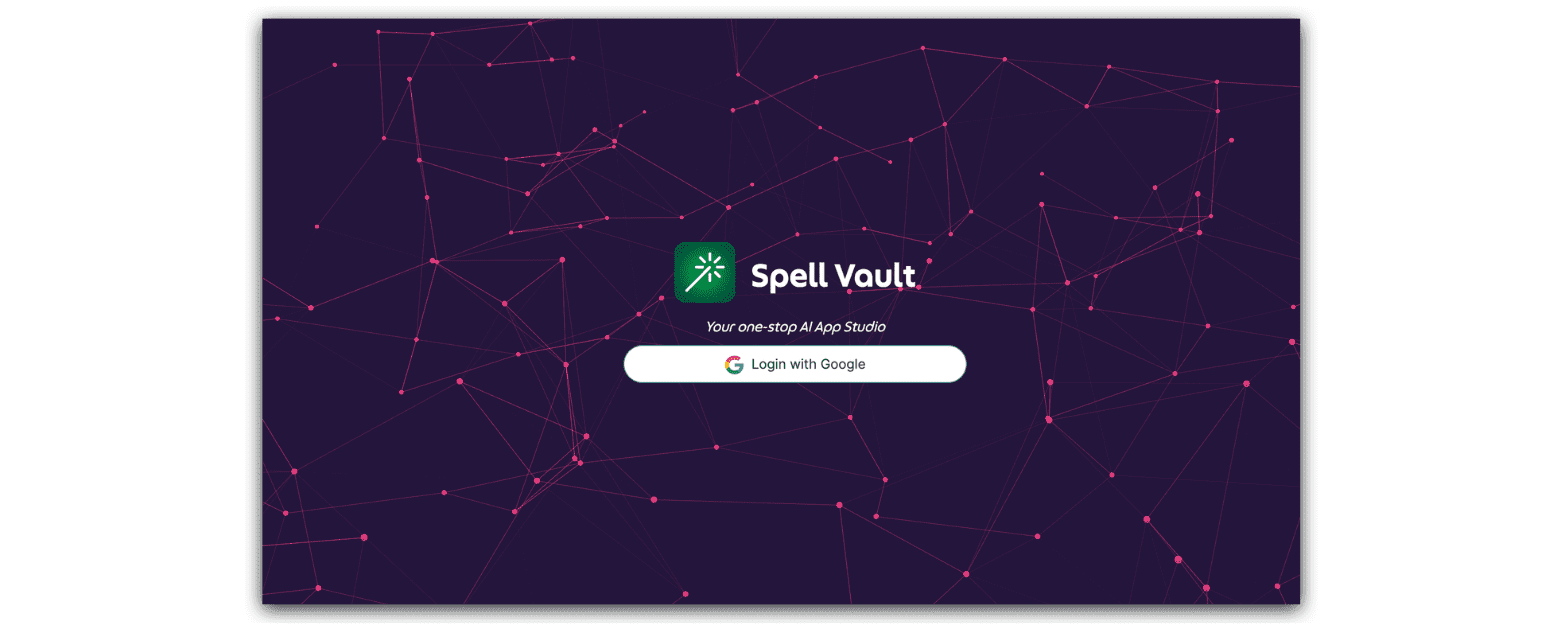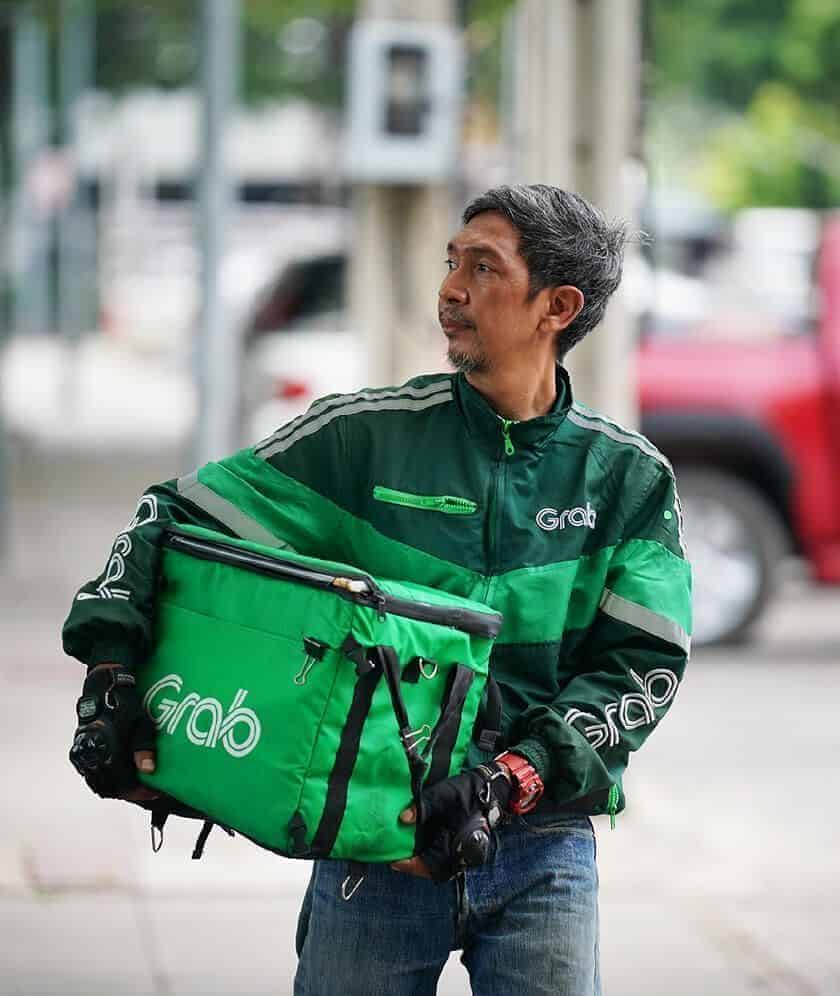We developed a tool that allows users to build apps without coding
At Grab, we are constantly seeking ways to make our work easier and more efficient. One of the new internal tools we’ve developed to achieve this is called Spellvault. It empowers everyone in the company, even those without coding skills, to build Large Language Model (LLM) applications.
What is Spellvault?
Spellvault allows Grabbers to create LLM apps that have access to the rich repository of Grab data. These apps can be used to perform a variety of tasks involving natural language processing and generation, such as answering questions, content generation, or data and sentiment analysis. Depending on their roles within the company, whether it’s customer service, marketing, operations, or any other department, Grabbers can tailor these apps to meet specific needs. With no coding required, they can build a custom app that helps them solve their problems in as little as five minutes.

For example, the team at our insurance division GrabInsure used Spellvault to build an app that reduces the time our support agents spend addressing insurance product queries. InsureTron, the virtual support agent they created, uses LLMs to provide information on policies, support inquiries, and claims procedures in Thailand.
Meanwhile, our localisation specialists developed Rosetta, an app that translates content into different languages with a single click. This is valuable in user experience design when teams need to adapt content for different languages, personas, and contexts.
How Spellvault Works
Creating an application with Spellvault is straightforward:
- First, provide the model with instructions on its task. For example, to create a co-pilot for the Public Affairs team, we might provide the following instructions: “You will be tasked to assess new product initiatives and identify potential public policy risks.”
- Next, upload the relevant information sources into the Knowledge Vault, the repository from which Spellvault draws its context and data.
- The model can also be set up to fetch additional data from other services via APIs. APIs allow different software systems to communicate and work together seamlessly, making it easier to build complex applications. For example, by using a public API to fetch news, we were able to create an app that searches for related news and summarises its sentiment.

Simplifying AI app development
LLMs like ChatGPT are typically trained on a broad range of publicly available information that may not be tailored to Grab’s needs. By integrating the general capabilities of these models with Grab’s internal data, we can develop highly customised tools that can perform Grab-specific tasks.
With Spellvault, Grabbers don’t need to manage complex infrastructure systems to build an LLM application and can focus on developing the right tools for their work.
Additionally, Spellvault also serves as a platform for Grabbers to share their expertise with others. With its repository of LLM apps, Spellvault fosters a culture of learning and innovation, encouraging Grabbers to contribute to and benefit from the collective knowledge of their peers.
3 Media Close,
Singapore 138498
Komsan Chiyadis
GrabFood delivery-partner, Thailand
COVID-19 has dealt an unprecedented blow to the tourism industry, affecting the livelihoods of millions of workers. One of them was Komsan, an assistant chef in a luxury hotel based in the Srinakarin area.
As the number of tourists at the hotel plunged, he decided to sign up as a GrabFood delivery-partner to earn an alternative income. Soon after, the hotel ceased operations.
Komsan has viewed this change through an optimistic lens, calling it the perfect opportunity for him to embark on a fresh journey after his previous job. Aside from GrabFood deliveries, he now also picks up GrabExpress jobs. It can get tiring, having to shuttle between different locations, but Komsan finds it exciting. And mostly, he’s glad to get his income back on track.

